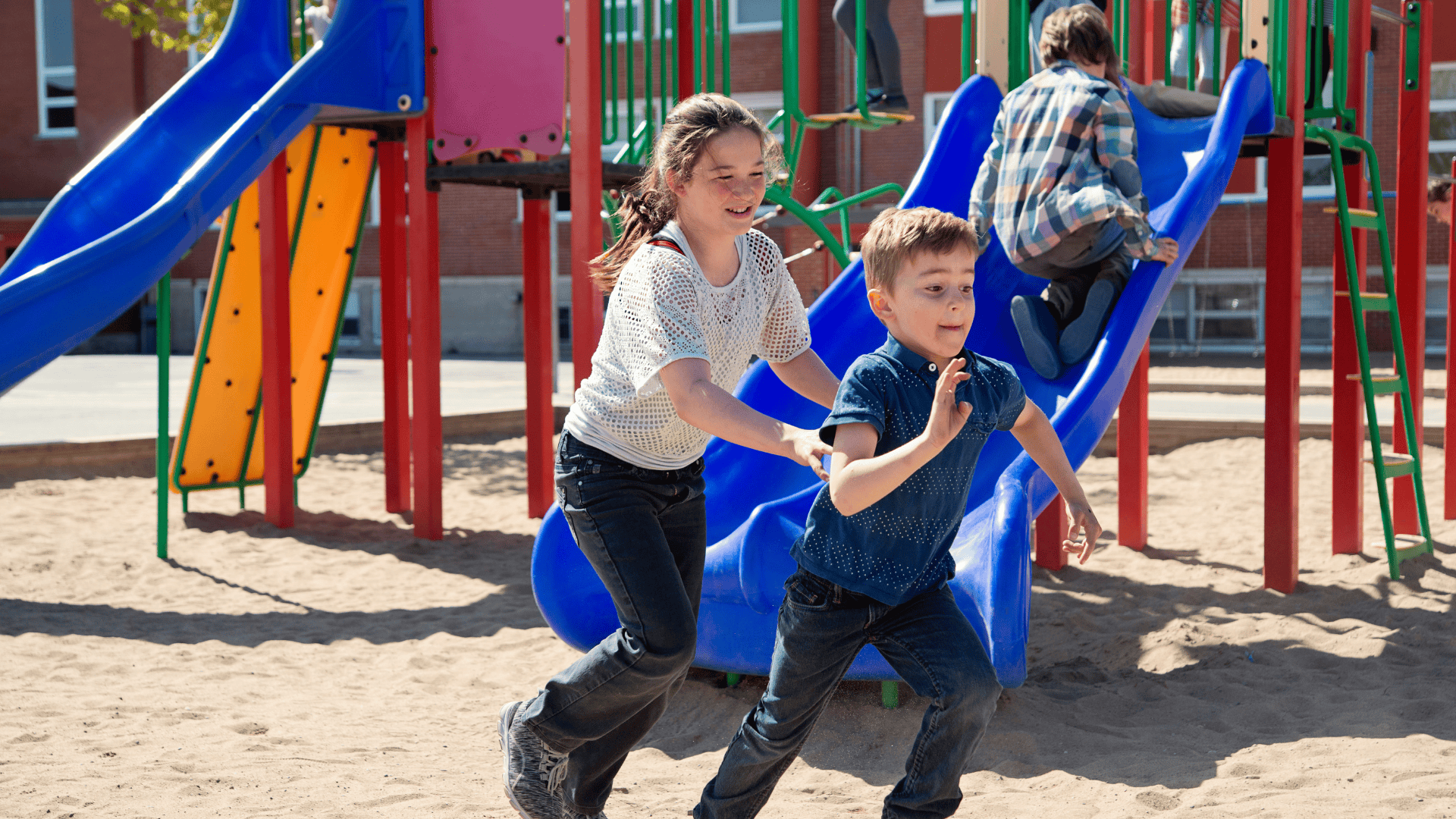Injury on school grounds raises urgent and painful questions—especially when it involves a child and malfunctioning playground equipment. These are not just bruises and scrapes. Equipment failures can lead to serious harm, long-term health consequences, and emotional trauma that families are left to navigate alone.
When playground safety breaks down, accountability becomes everything. But that’s where the system gets complicated—and often unfair. The central question becomes: can the school district be held liable under Michigan law when equipment fails and a child is hurt?
The answer? It depends—heavily—on legal definitions, exceptions, and action taken right away.
In Michigan, public schools and school districts are protected under governmental immunity laws that often shield them from lawsuits, even when negligence is involved. However, there are critical exceptions, and knowing how to navigate those can mean the difference between a dismissed claim and a successful recovery.
Legal Duty of Schools and Districts
Premises Liability Basics in Michigan
Schools owe a legal duty of care to students using playground equipment. In legal terms, children are classified as “invitees”—people who are lawfully on the property for the benefit of the property owner. That classification matters because it means schools must take reasonable steps to ensure the premises are safe, regularly inspect playgrounds, repair hazards, and warn of known dangers.
Failure to meet that duty, especially when a child is injured due to unsafe equipment or conditions, could support a premises liability claim.
Negligence: What Needs to Be Proven
To bring a successful claim, the injured party must show the following four elements:
- Duty – The school had a legal obligation to keep the playground safe.
- Breach – That duty was violated, such as by allowing defective equipment to remain in use.
- Causation – The breach directly caused the child’s injuries.
- Damages – There were actual, measurable harms, such as physical injury, emotional trauma, or medical bills.
Common signs of negligence in these cases include:
- Lack of regular playground inspections
- Ignored maintenance complaints from staff or parents
- Outdated or visibly damaged equipment
- Inadequate staff supervision during recess or gym time
- Failure to follow safety protocols or equipment standards
Gross Negligence: When the Bar is Raised
In many cases involving public schools, the district will attempt to shield itself from liability by invoking governmental immunity, a powerful legal defense under Michigan’s Governmental Tort Liability Act.
To overcome this defense, plaintiffs often must show gross negligence, which is a higher legal threshold than ordinary carelessness.
Michigan law defines gross negligence as “conduct so reckless as to demonstrate a substantial lack of concern for whether an injury results.” In practical terms, that means proving the school district was not just careless—but blatantly indifferent to known dangers or safety obligations.
Examples might include:
- Continuing to allow use of a piece of playground equipment that had previously caused injuries
- Failing to repair or replace broken structures after multiple documented complaints
- Ignoring manufacturer recalls or safety warnings
Governmental Immunity in Michigan
What Is the Governmental Tort Liability Act (GTLA)?
The GTLA is a state law that broadly protects government entities—including public schools—from most personal injury lawsuits. It was designed to prevent public funds from being drained by lawsuits, but in practice, it often leaves injured people without a clear path to recovery.
However, immunity is not absolute. Michigan law carves out narrow exceptions where schools and other public bodies can be sued. One of the most important exceptions in the context of playground injuries is the Public Building Exception.
The Public Building Exception (MCL 691.1406)
This statute provides an opening for claims if an injury is caused by a dangerous or defective condition of a public building. If the plaintiff can prove that the building was not kept in reasonable repair and that failure led to the injury, governmental immunity may not apply.
However, here’s the challenge: Michigan courts have often ruled that playgrounds and schoolyards do not count as “buildings” under this exception. So unless the defective equipment is physically part of the school building—like something anchored to the structure or built into it—this exception might not apply.
Proving a Viable Exception: What the Law Requires
To successfully challenge governmental immunity using the public building exception, you must prove two critical things:
Physical Connection to a Building
The playground equipment must be structurally integrated with the school itself. Equipment that’s freestanding or detached is unlikely to qualify.
Notice of the Defect
You must show that the school district either knew about the defect (actual notice) or should have known through reasonable inspection (constructive notice), and failed to take action.
Third-Party Liability: Who Else May Be Responsible?
Playground Equipment Manufacturers
Just because equipment is on school grounds doesn’t mean it was safe to begin with. Manufacturers have a legal duty to design and produce equipment that meets basic safety standards. When they cut corners—children pay the price.
These cases fall under product liability, which includes:
- Defective Design – The equipment’s design was inherently dangerous, even if manufactured correctly.
- Manufacturing Flaws – The equipment was poorly built, assembled with faulty materials, or not up to code.
- Failure to Warn – The manufacturer failed to include proper usage instructions, safety labels, or age-appropriate warnings.
If the injury was caused by one of these defects, the manufacturer may be held accountable under Michigan’s product liability laws. And when schools continue using defective equipment after a known recall, they may share in the blame, opening the door to multi-party litigation.
Contractors and Maintenance Crews
Many school districts outsource maintenance work to private companies—especially for playground installation, inspections, and repairs. If that contractor fails to:
- Conduct proper safety checks
- Follow manufacturer installation instructions
- Repair known defects correctly
- Remove or report hazardous equipment
...they could be held liable for negligent work that directly led to the injury.
In these cases, the private company isn’t protected by governmental immunity. That makes it possible to pursue a civil lawsuit even if the school district is off-limits.
Steps Parents Should Take After a Playground Injury
Seek Immediate Medical Attention
Your child’s health always comes first. Whether the injury seems minor or serious, get medical care right away. Some injuries—like concussions, fractures, or internal damage—aren’t immediately obvious. Early treatment creates a clear medical record, which is vital for any claim.
Document Everything at the Scene
If possible, take photos or videos of:
- The defective or broken equipment
- The overall playground area
- Anything that appears unsafe or neglected
Also, collect the names and contact information of any witnesses, including teachers, staff, students, or other parents. Their statements can later support your case.
Request the School’s Incident Report
Michigan schools are required to document on-campus injuries. Ask for a copy of the incident report, or at minimum, request to review it and document the date it was filed. This record may include key details such as how the staff responded, when the equipment was last inspected, and who was present.
Preserve Physical Evidence
Hold on to your child’s clothing, shoes, backpack, or any item worn at the time of the injury—especially if they show signs of damage, blood, dirt, or other indicators of what happened. These items may serve as crucial evidence later in the investigation or trial.
Contact an Attorney Experienced in Michigan Tort Law
Playground injury cases involving schools can trigger complex legal issues—especially with governmental immunity and third-party liability at play. You need a team that knows how to:
- Investigate school negligence
- Uncover maintenance records and inspection failures
- Challenge immunity defenses under Michigan law
- Identify all responsible parties
Don’t wait. Evidence disappears. Witnesses forget. And schools may lawyer up fast. The earlier you act, the stronger your position will be.
You Deserve Answers—And Accountability
No child should suffer because a school district failed in its most basic duty: keeping students safe. When playground equipment malfunctions, the consequences can be devastating—not just physically, but emotionally and financially for the entire family.
If your child was injured due to unsafe conditions or defective equipment, you have every right to demand answers. And if those answers reveal negligence, you may have the power to hold the responsible parties accountable—whether it’s the school district, a maintenance contractor, or the equipment manufacturer.
At Marko Law, we don’t just talk about justice—we go after it. Our team has taken on public school districts, private corporations, and powerful government entities—and we’ve won. We understand the complexities of Michigan law, and we’re not afraid to challenge immunity defenses, expose failures, and pursue full compensation for our clients.
Contact Marko Law for a Free Case Evaluation
📞 Phone: +1-313-777-7777
📍 Main Office: 220 W. Congress, 4th Floor, Detroit, MI 48226
🌐 Website: www.markolaw.com









.svg)








